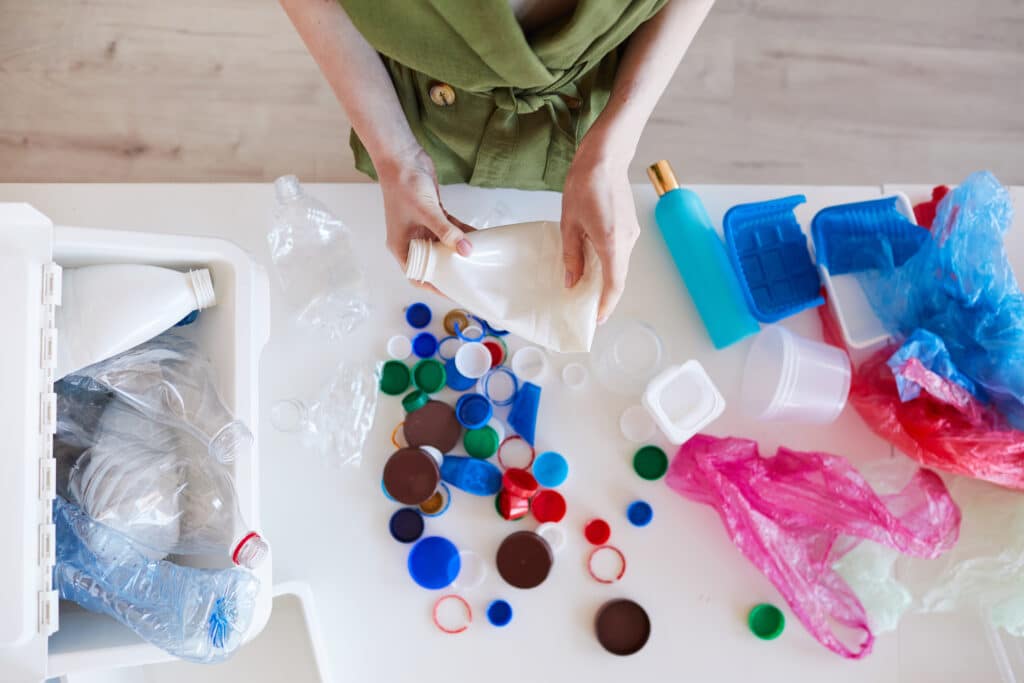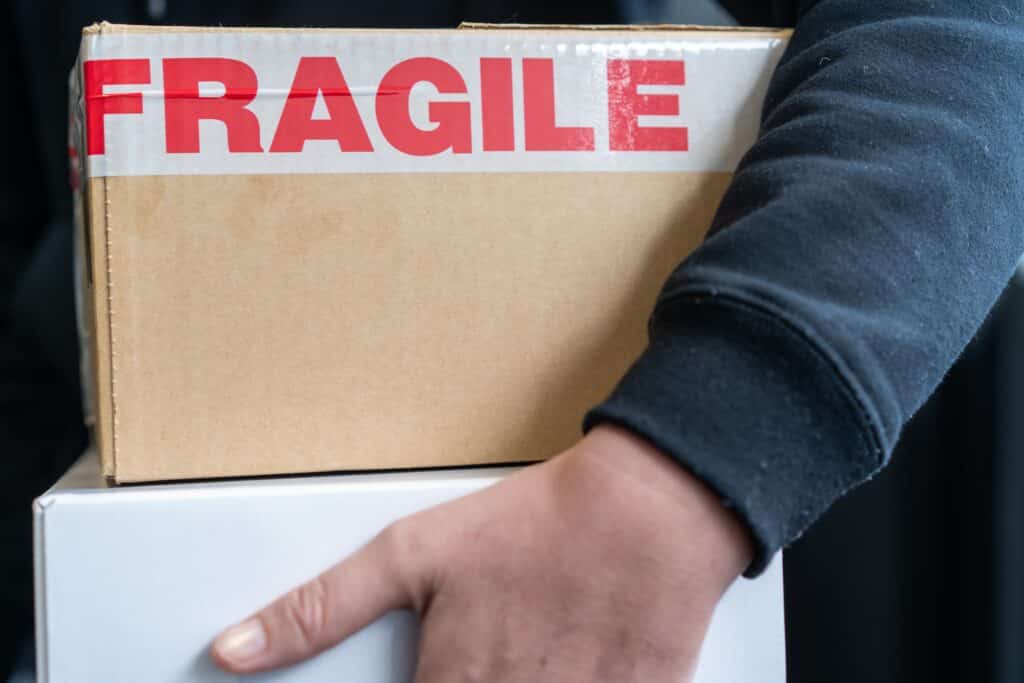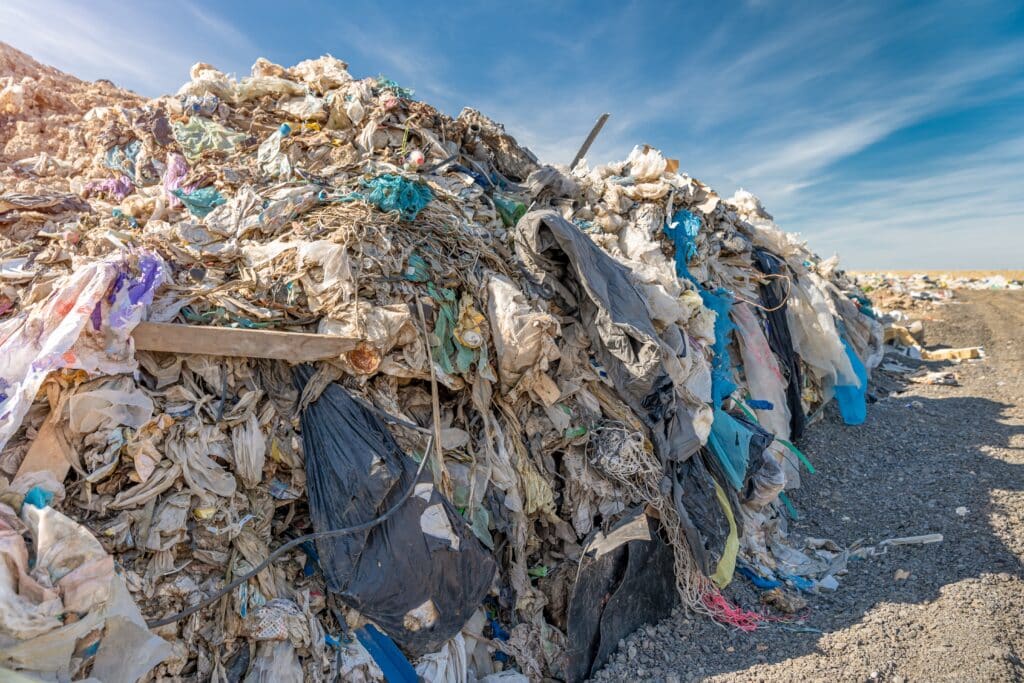Recycling is an essential step towards a healthier future for our planet. It’s a process that helps reduce the amount of waste in the environment and reduces further exploitation of natural resources. By recycling, we can all do our part to create a cleaner environment every day. But we need to know how to do it right so we don’t do more harm to the planet. Every country has slightly different rules, so always check the information according to your local regulations. We are all familiar with the generalities of recycling, so here are some unexpected tips on how to recycle efficiently that are not necessarily intuitive.

Small things can’t always be recycled
Small items such as bottle caps or straws are often too small to be sorted by the recycling machines and often fall into various crevices in the devices, ending up in landfills anyway. To avoid this, try to reduce the use of disposable items and opt for reusable alternatives. According to National Geographic, the average American throws away 185 kilograms of plastic yearly. Generally, we can recycle things that are larger than a credit card – so by returning the cap on your bottle, you make the item larger and therefore recyclable.
However, by limiting the use of single-use items as much as you can, you can help reduce the amount of plastic waste that cannot be recycled and ends up in landfills. It’s now common knowledge, but there’s nothing challenging about bringing your own water bottle or cutlery from home. If one forgets, and even that can happen, try to eat the food directly at the restaurant or support businesses that use biodegradable alternatives for these disposable products.
Try removing stickers from cardboard
If possible and time allows, try to remove the stickers and price tags from the cartons of your orders. Stickers on cardboard can make it difficult to recycle. This activity is just a tip, as the sorters can handle it. However, removing the stickers will make their job easier and recycling more efficient. Even with something like this, we can all show belonging and compassion and help protect our planet.

Wash or not wash?
There is probably a lot of debate about this in your community as well. The truth is that as far as the current situation goes, in general, you don’t necessarily need to wash dirty food containers or cutlery in a complicated way. Just scrape the containers thoroughly clean of food residues. If there is any metal on the container, remove it. Pretty simple, isn’t it?
To make things more complicated…
Unfortunately, there is not only one type of plastic. Plastic products should have numbers from 1-7 on them. As mentioned, these regulations vary from country to country, but it is safe to say that plastics marked with numbers 1 and 2 (and sometimes 5) can be safely disposed of in a plastic bin. For other plastics numbered 3-7, you should check that your container is suitable for them. If it is not, dispose of them in your mixed waste or at a place that recycles these plastic types.

Reuse you plastic bags, but why?
The same situation as with small plastic items awaits us with plastic bags and wrapping films. They become entangled in the machines during sorting and therefore prevent them from functioning properly. Similarly, if you are throwing plastic waste in a plastic bag, only dispose of the contents in the plastic bin and either reuse the bag or take it to where you are able to recycle it.
No greasy pizza boxes!
Do not throw away greasy pizza boxes or other goodies in the paper bin. Such items will only contaminate the rest of the paper waste in the container and worsen the situation. These boxes often have a good chance of breaking down in the compost, but if they don’t, throw them in the mixed waste instead.
Conclusion
Each of us can avoid, at least a little, the need to create more and more waste. We may argue that focusing on what can or cannot be recycled is time-consuming and exhausting, but it is not. We go to the bin with our mixed waste anyway, so it makes no difference where we throw what away. When it comes to washing plastics or taking stickers off cartons, it’s a small step that only takes a few minutes. It’s not necessary or always possible to do everything correctly and according to regulations, but it does make you feel good to at least work at it, educate yourself, and try new ways to help our waste-burdened environment. Let’s be a collective force and inspiration on this journey and show everyone that it is possible AND easy!